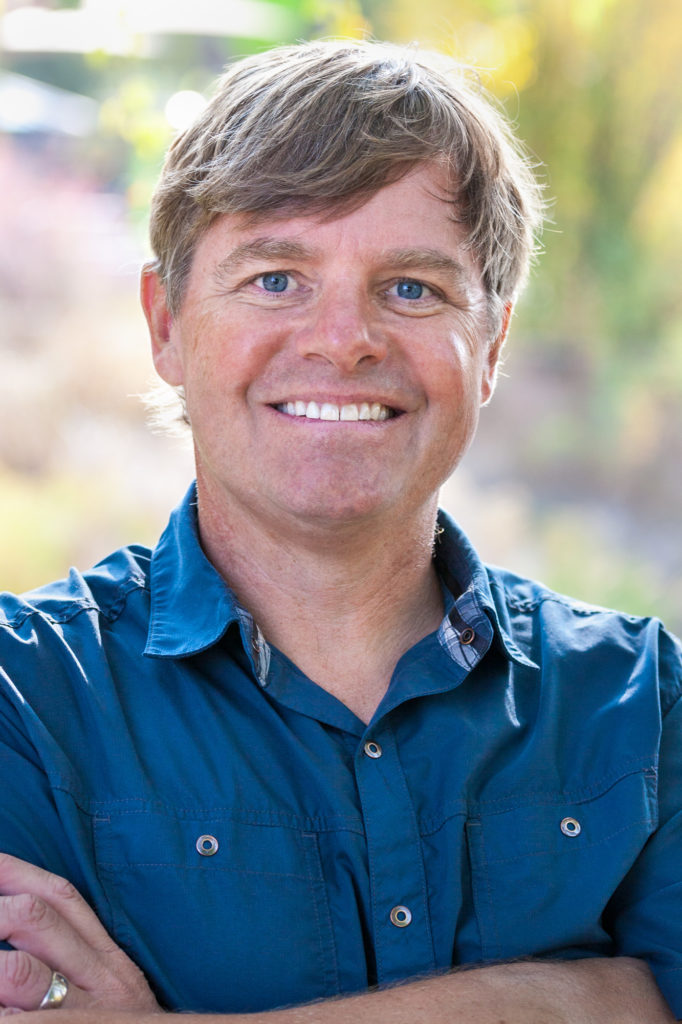Congratulations to CvEEN Alum, Jim Gute, on being promoted to the position of Partner with The Land Group.
According to the press release sent out by The Land Group,
"Jim Gute is a Professional Civil Engineer with The Land Group in Eagle, Idaho. Working in the profession since 1989, Jim’s experience includes a wide range of Civil Engineering projects for municipal, institutional, commercial, private and industrial clients; including subdivisions, marine waterfront and uplands facilities, hotels, transportation infrastructure, water, sewer and storm drainage utilities, industrial sites and equipment, transportation facilities and residential subdivisions. His clientele over the years has included other engineers and engineering disciplines, architects, oil and gas companies, developers, non-profit organizations, and local government agencies. His level of experience and ability to collaborate with other professional disciplines makes him an indispensable part of the project design team.
includes a wide range of Civil Engineering projects for municipal, institutional, commercial, private and industrial clients; including subdivisions, marine waterfront and uplands facilities, hotels, transportation infrastructure, water, sewer and storm drainage utilities, industrial sites and equipment, transportation facilities and residential subdivisions. His clientele over the years has included other engineers and engineering disciplines, architects, oil and gas companies, developers, non-profit organizations, and local government agencies. His level of experience and ability to collaborate with other professional disciplines makes him an indispensable part of the project design team.
Educated at the University of Utah, Jim gained experience working in Alaska for many years with a large engineering firm. After relocating to the intermountain west, Jim obtained additional licensure in Wyoming and Idaho and has been instrumental on many projects in each of these states.
Jim has been a member of ASCE for over 25-years and is currently contributing to the in-house internship training program at The Land Group."

 Civil and environmental engineering assistant professor
Civil and environmental engineering assistant professor